When The Social Network premiered in 2010, audiences weren’t just watching a film about the founding of Facebook—they were witnessing a cinematic portrayal of ambition, betrayal, and the dark complexities behind one of the world’s most transformative platforms. Directed by David Fincher and written by Aaron Sorkin, the film became an instant cultural touchstone, not only for tech enthusiasts but for anyone fascinated by power and personal relationships in the digital age.
At its core, The Social Network tells the story of how Mark Zuckerberg created Facebook while studying at Harvard. What began as a dorm room experiment turned into a global revolution, reshaping how billions connect, share, and communicate. But the journey was anything but smooth. The movie focuses on two major legal battles: one between Zuckerberg and his former best friend and co-founder Eduardo Saverin, and another involving the Winklevoss twins, who claimed Zuckerberg stole their idea.

Portrayal of Zuckerberg
Jesse Eisenberg’s portrayal of Zuckerberg is one of cold brilliance. The character is introverted, hyper-intelligent, and emotionally detached—traits that helped him build a digital empire but ultimately cost him personal relationships. While the real Zuckerberg has disputed some aspects of the film, Eisenberg’s performance left a lasting impression on how the public views the Facebook founder.
A central theme of The Social Network is betrayal. Eduardo Saverin, played by Andrew Garfield, is depicted as the loyal friend and business partner who gradually gets pushed out of the company he helped build. Their friendship begins with excitement and trust, but as Facebook grows and outside investors get involved, the tension intensifies. Saverin’s eventual lawsuit against Zuckerberg is not just a legal battle—it’s a heartbreaking collapse of a friendship.
Aaron Sorkin’s screenplay is razor-sharp. Known for his fast-paced, dialogue-driven writing, Sorkin weaves in humor, tension, and philosophical questions about power and ethics. The structure, which alternates between flashbacks and courtroom scenes, keeps the viewer engaged and reflective.
Vision of David Fincher
Director David Fincher brings his signature style to the project: dark lighting, cold tones, and meticulous detail. Combined with the haunting electronic score by Trent Reznor and Atticus Ross, the film carries a somber yet magnetic atmosphere. Every frame feels intentional, pulling the viewer deeper into the emotionally complex world of young tech geniuses navigating fame and fortune.
More than a decade later, The Social Network remains profoundly relevant. In a world where digital presence is everything, the race to gain influence is fiercer than ever. This has given rise to practices like buying more Facebook followers, where brands and individuals alike try to build instant credibility and engagement. While the film doesn’t touch on these modern strategies, it lays the groundwork for understanding the psychological and business-driven hunger for social dominance.
Ultimately, The Social Network is not just a film about Facebook. It’s a mirror reflecting our obsession with recognition, validation, and connection—both online and off. It teaches us that behind every tech empire lies a story of human flaws, ambition, and the cost of greatness.
***

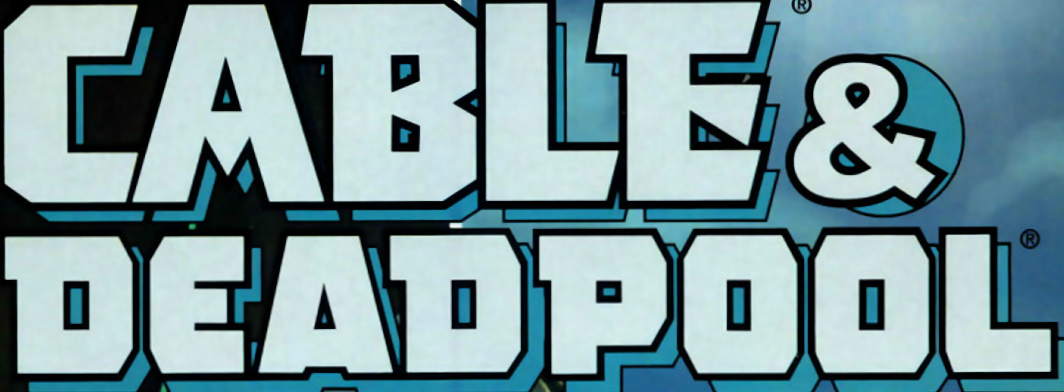

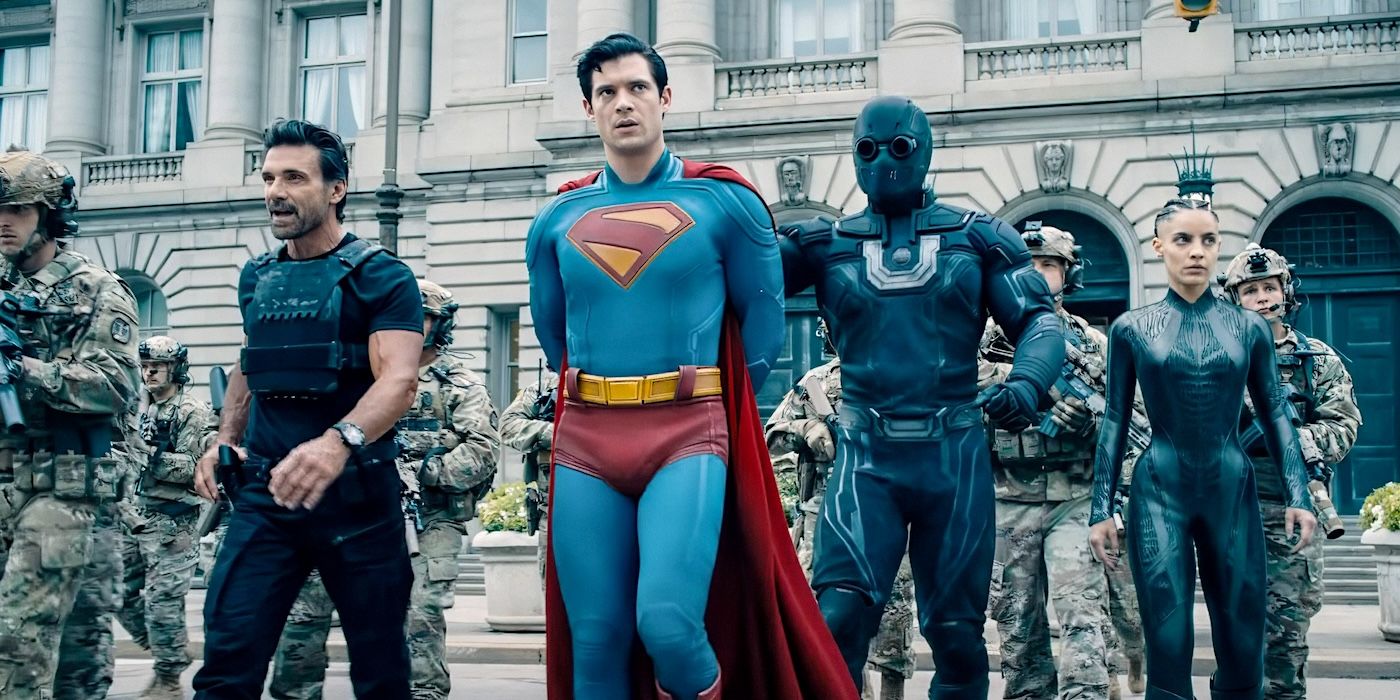



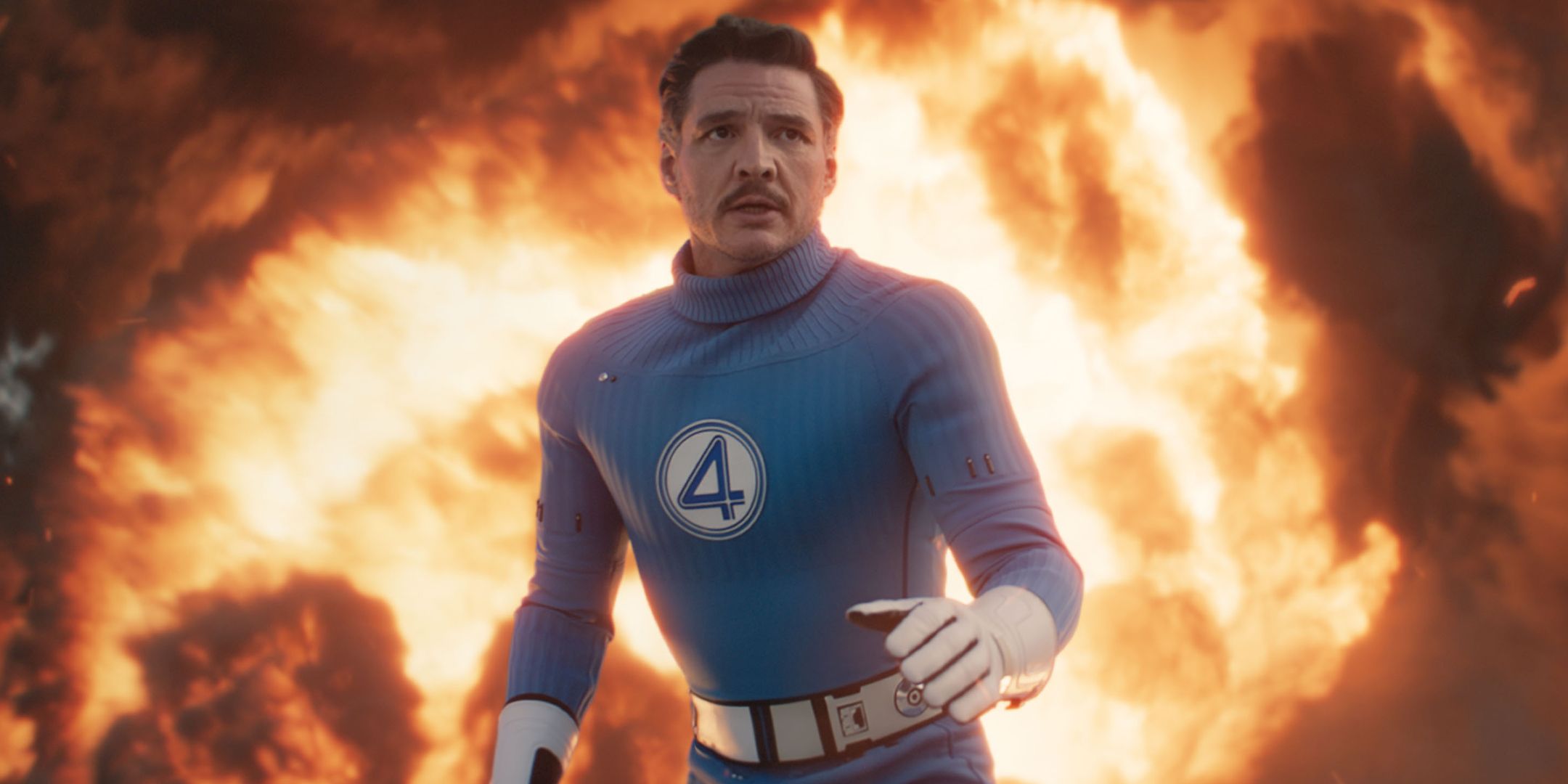
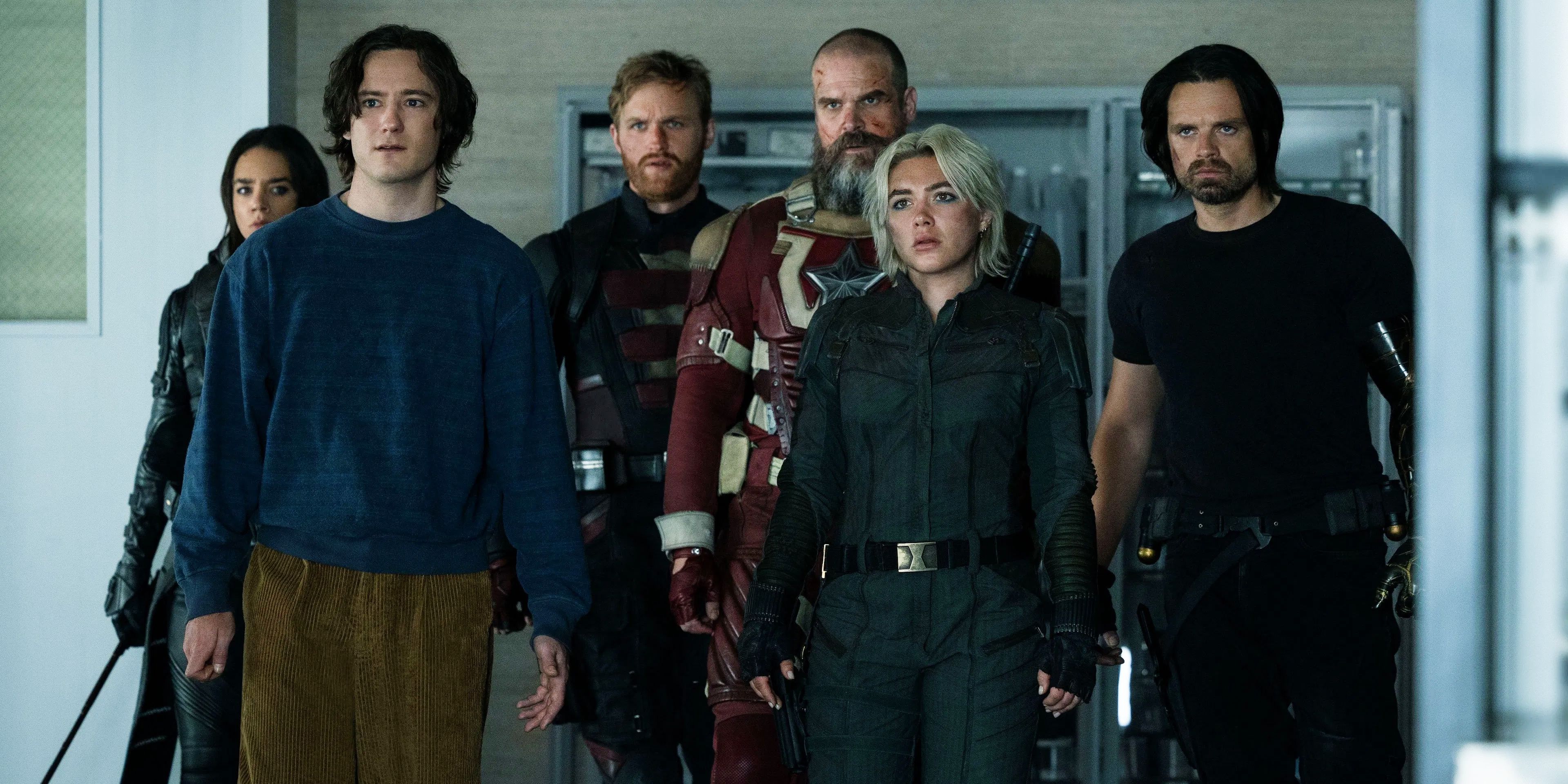
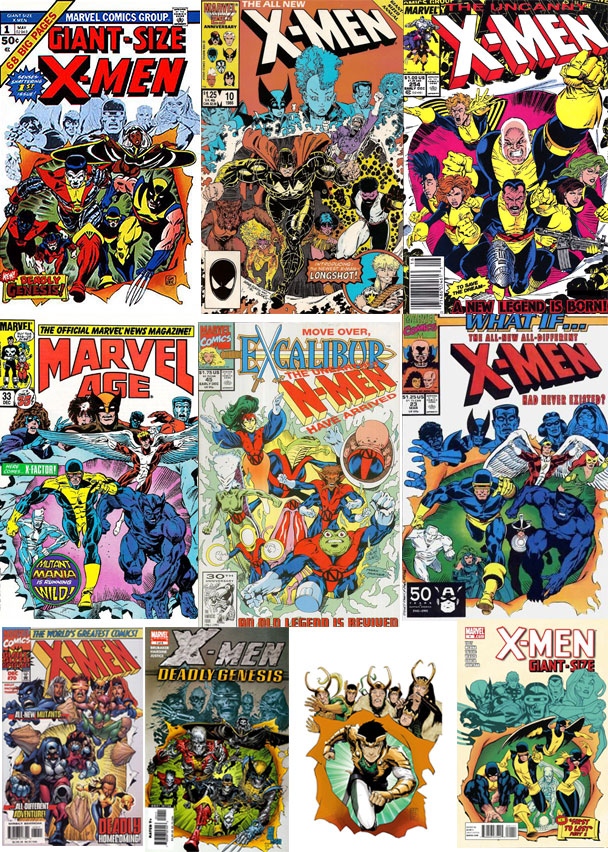




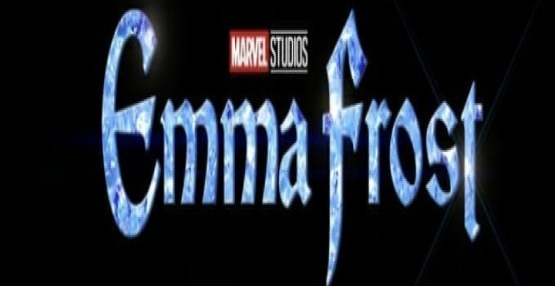



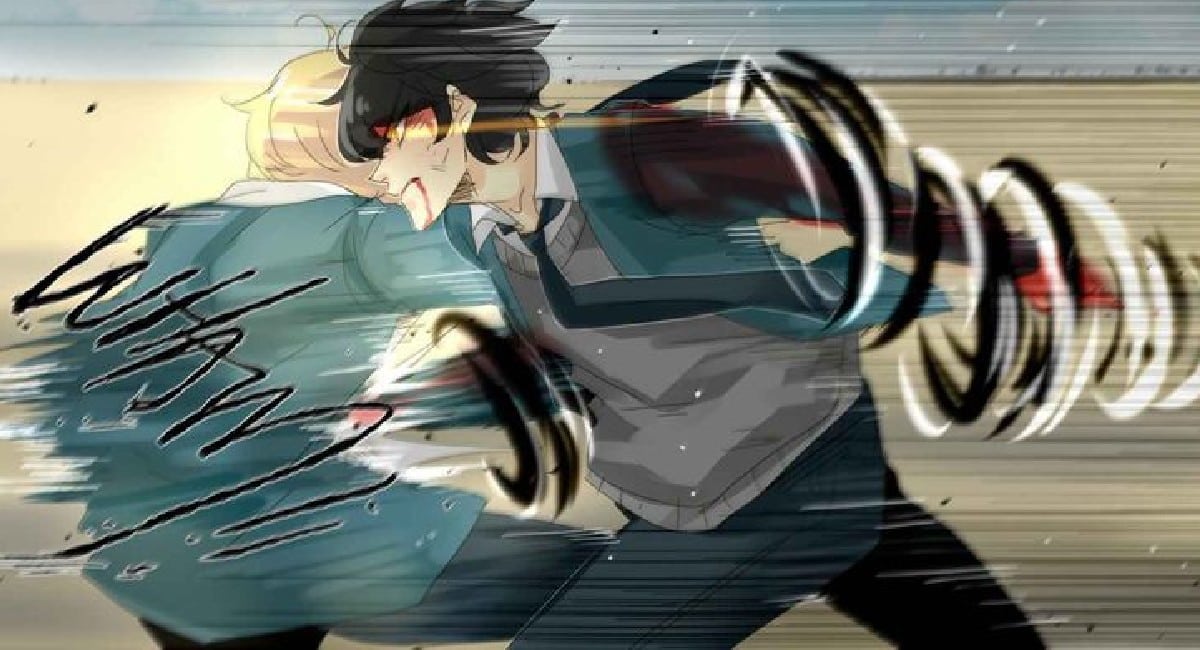
 English (US) ·
English (US) ·